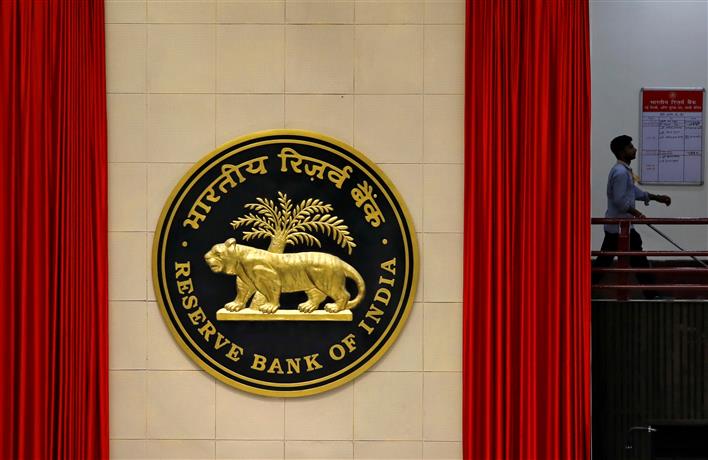

Vigilance Against Fraudulent Schemes
Mumbai’s Cautionary Tale
In the vibrant metropolis of Mumbai, the Reserve Bank of India (RBI) issues a stern cautionary notice regarding the perils of fraudulent activities under the guise of KYC updation.
Exercise Caution with KYC Documents
The RBI strongly advises against divulging sensitive documents to unfamiliar entities. Given the persistent instances of individuals falling victim to deceitful schemes masquerading as KYC updates, the RBI emphasizes the importance of exercising vigilance and prudence to avert financial loss and shield oneself from nefarious tactics.
A Historical Reminder
Historically, the central bank has consistently alerted the public to such fraudulent endeavors.
Avoid Unnecessary Disclosures
“Refrain from sharing KYC documents or replicas thereof with obscure or unidentified parties or organizations,” the directive emphasizes.
Guard Your Credentials
Furthermore, individuals were cautioned against disclosing account credentials, card particulars, PINs, passwords, and OTPs to any party, reiterated the RBI.
Beware of Deceptive Tactics
“The typical modus operandi of these scams often involves recipients receiving unsolicited communications, be it via telephone calls, SMS, or emails, wherein they are coerced into divulging personal information, login credentials, or installing unauthorized or unverified applications via links provided in the messages,” the statement elucidated.
Urgency and Threats
The RBI elaborated that such communications frequently employ tactics aimed at inducing a false sense of urgency and resort to threats of freezing, blocking, or closing accounts if compliance is not met.
Protect Your Accounts
“In instances where customers inadvertently share crucial personal or login details, malevolent actors gain illicit access to their accounts, enabling them to carry out fraudulent activities,” it underscored.
Take Action
Regarding the appropriate course of action upon receiving a request for KYC updation, the RBI recommended directly contacting one’s bank or financial institution for verification and assistance.
Trust Reliable Sources
“Retrieve the contact number or customer service hotline of the bank or financial institution exclusively through its official website or verified sources,” the central bank advised.
Report Incidents Promptly
Individuals were also urged to promptly notify their bank or financial institution in the event of any cyber fraud incident.
Exercise Caution with Digital Links
Additionally, the public was cautioned against clicking on dubious or unverified links received via mobile or email channels.